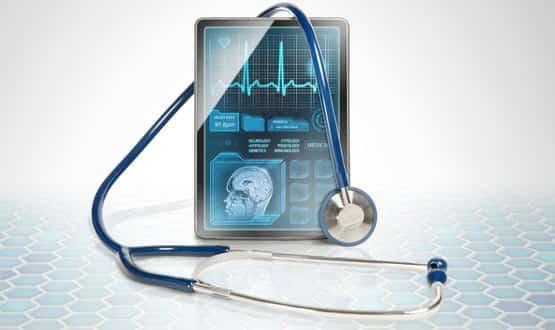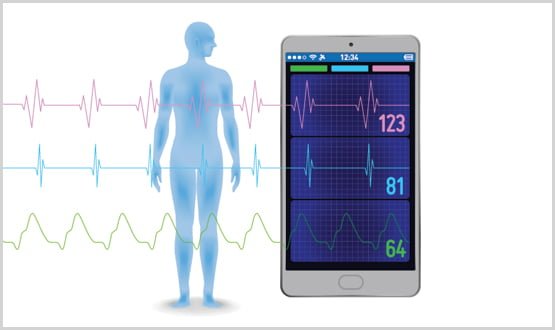Taunton and Somerset Foundation Trust help create vital signs app

Taunton and Somerset NHS Foundation Trust have helped develop a vital signs application that alerts staff to a patient’s deteriorating condition before it becomes life-threatening.
The global digital exemplar trust worked in partnership with clinical technology specialist IMS Maxims on the design and functionality of its latest app, which can be accessed from anywhere in the hospital.
Michael Thick, chief clinical information officer and chief medical officer at IMS Maxims said it addresses a common pitfall of existing clinical apps – alert fatigue, where users become so used to receiving notifications from an application that they become inclined to ignore them or turn them off.
“The Maxims solution gives staff tailored alert support, avoiding the send-to-all approach of other solutions”, Thick said.
“The 24/7 monitoring system and vital decision support make it quicker and easier for staff to observe a patient’s condition and prevent them from getting any worse.”

The vital signs app uses physiological observations such as blood pressure and heart rate to calculate the severity of a patient’s condition and gives staff crucial decision support.
Using clinical scoring protocols such as NEWS (National Early Warning Score), it recommends how often to monitor a patient, issues reminders if observations aren’t completed on time, and provides early detection, alerting, and escalations to senior members of staff if an individual’s condition deteriorates.
The data from the app can be integrated into the hospital’s electronic patient record, as the app harnesses APIs that have been developed with open standards.
“Staff can make accurate clinical decisions based on all the facts and in real-time”, Thick said.
“Earlier intervention and treatment – enabled by recording and monitoring these vital signs electronically, and automating parts of diagnosis – will also help hospitals reduce mortality rates and serious complications such as sepsis… and cardiac arrest.”




1 Comments
A great app, it would be good if it could be used in conjunction with the Helo LX, smartband which also reads vital signs and has open Api in that way the app can be intergrated with the device. All the best.
Comments are closed.